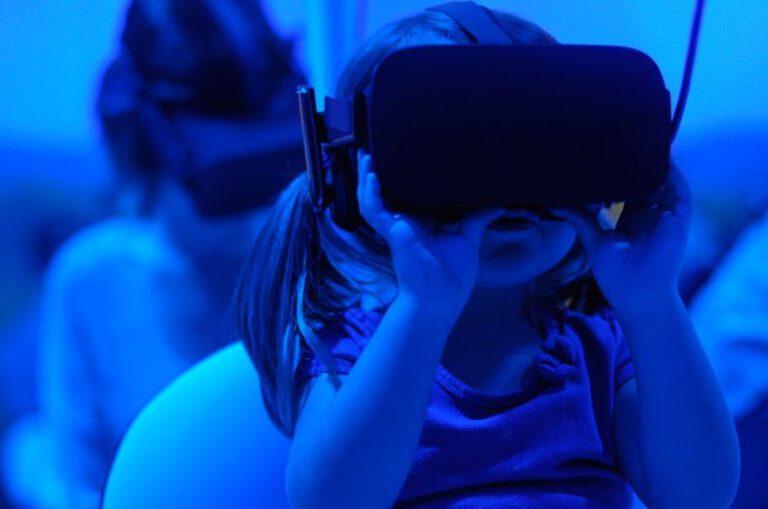The Future of Virtual Concerts and Entertainment
As the world continues to navigate the challenges brought on by the pandemic, the entertainment industry has undergone a significant transformation. Virtual concerts and events have become increasingly popular, offering a new and innovative way for artists to connect with their audience. The shift towards virtual entertainment has not only provided a creative outlet for performers but has also opened up a world of possibilities for fans around the globe.
The Rise of Virtual Concerts
The pandemic forced the entertainment industry to adapt quickly to the changing landscape. With live events and concerts being canceled or postponed, artists turned to virtual platforms to share their music and performances with fans. Virtual concerts have allowed artists to reach a wider audience, breaking down geographical barriers and giving fans the opportunity to experience live music from the comfort of their own homes.
One of the key advantages of virtual concerts is the ability to create immersive and interactive experiences for viewers. Through the use of advanced technology, artists can engage with their audience in real-time, taking fan interaction to a whole new level. Virtual concerts have also given artists the freedom to experiment with different formats and creative concepts, pushing the boundaries of traditional live performances.
The Future of Virtual Entertainment
As we look towards the future, it is clear that virtual entertainment is here to stay. The success of virtual concerts during the pandemic has paved the way for a new era of entertainment, one that combines the best of both the physical and digital worlds. Moving forward, we can expect to see virtual events becoming more sophisticated and interactive, blurring the lines between the virtual and physical realms.
Virtual Reality (VR) technology is poised to play a significant role in the future of virtual entertainment. VR headsets allow users to immerse themselves in a virtual environment, creating a sense of presence and engagement that is unparalleled. Artists are already exploring the possibilities of VR concerts, offering fans a truly unique and immersive experience that goes beyond traditional live performances.
In addition to VR technology, augmented reality (AR) is also set to revolutionize the way we experience entertainment. AR overlays digital content onto the real world, creating interactive and engaging experiences for users. From interactive AR filters to virtual art installations, the possibilities for AR in entertainment are endless. As AR technology continues to evolve, we can expect to see a wide range of innovative and creative applications in the world of virtual entertainment.
The Impact on the Entertainment Industry
The rise of virtual concerts and entertainment has had a profound impact on the entertainment industry as a whole. Artists and performers have had to adapt to new ways of reaching their audience, embracing technology and innovation to stay connected in a world that is rapidly changing. Virtual events have also presented new opportunities for collaboration and creativity, allowing artists to experiment with different formats and engage with fans in unique and exciting ways.
Looking ahead, it is clear that virtual concerts and entertainment will continue to shape the future of the industry. The ability to connect with fans on a global scale, the immersive experiences offered by VR technology, and the creative possibilities of AR all point towards a future where virtual entertainment plays a central role in the way we experience music, art, and culture.
In conclusion,
The future of virtual concerts and entertainment is bright, filled with endless possibilities and opportunities for innovation. As technology continues to evolve, artists and performers will have the chance to create truly immersive and interactive experiences for their fans, breaking down barriers and redefining the way we engage with music and entertainment. Virtual concerts are not just a temporary solution to the challenges of the pandemic; they are a glimpse into the future of the entertainment industry, where creativity knows no bounds and the world truly becomes a stage.






